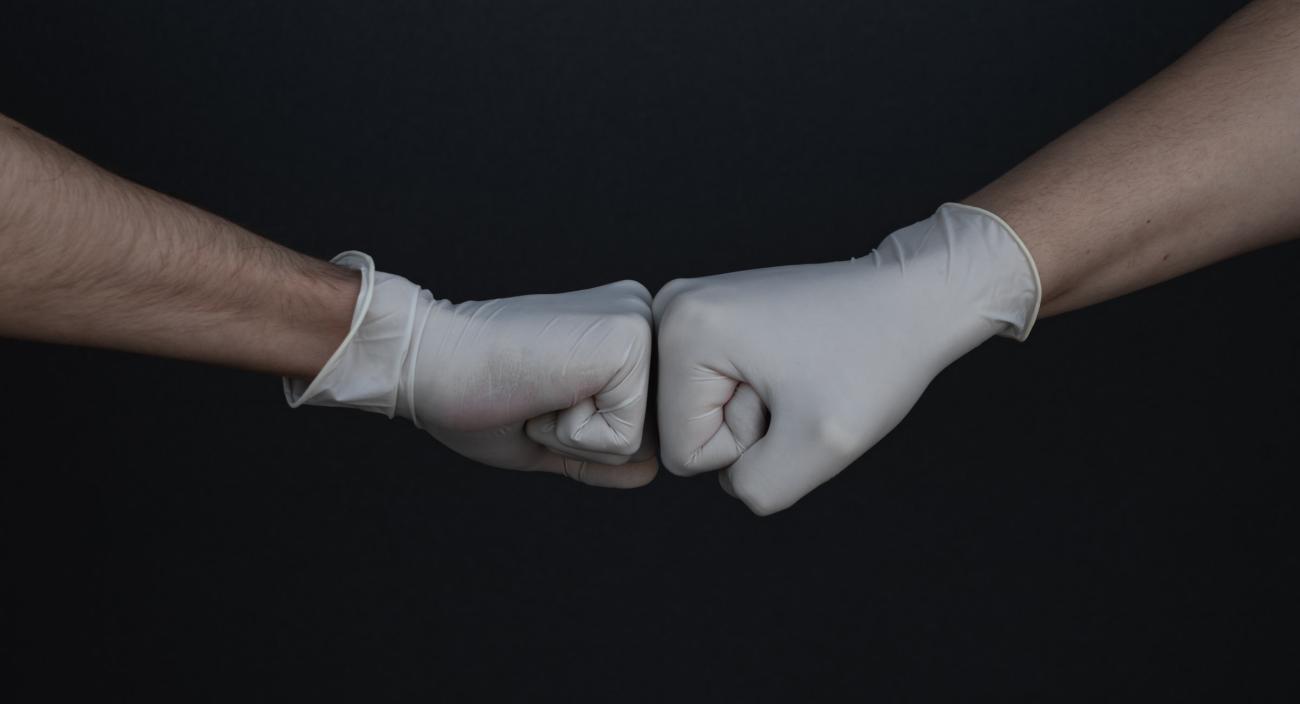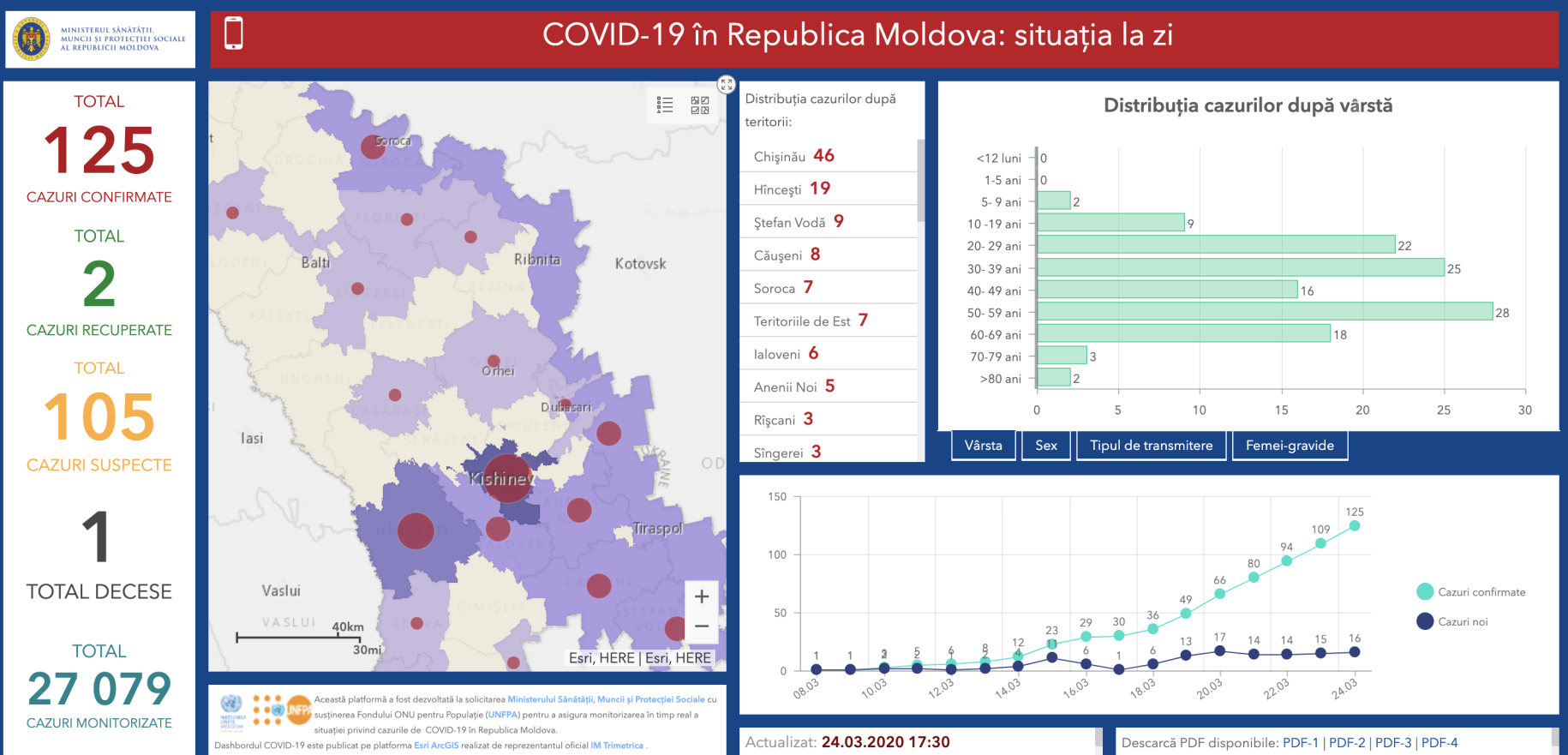Updates from the field #2: Teaming up against COVID-19

The UN teams on the ground are galvanizing support to respond to COVID-19, with crucial engagement from the private sector. For instance, the UN’s Global Compact unites over 10,400 companies globally in 166 countries and is now encouraging businesses to support workers and to take action on COVID-19.
Below, we highlight some of the global responses as of 24 March 2020:
Brazil
In Brazil, the national UN Global Compact is collecting information on the measures that companies are taking to fight the pandemic and on voluntary initiatives to support the global response to the COVID-19 crisis. The objective is to map and encourage measures that address workers’ rights and safety, including remote work. A survey with 50 businesses showed that several companies have set up shopping networks to provide basic goods to those in quarantine or staying at home for precaution measures. Almost all companies have created communications channels to provide reliable information to their staff, including hotlines and newsletters. And, in some cases, companies have hired or negotiated with health services providers to support people affected by COVID-19, while other companies are providing psychological support to staff members and their families to support with the mental health during the crisis.
A great example of a UN Global Compact Brazil partnership is with the local subsidiary of Anheuser Busch InBev, AMBEV, which has geared its beer breweries to produce half a million alcohol-based sanitizer bottles. The bottles will be donated to public hospitals to help fight the spread of coronavirus in the three cities with the greatest number of reported cases of COVID-19. The Global Compact is also preparing guidelines for CEOs with recommendations on how to internally manage during the crisis, and how to support the local response to COVID-19, with an emphasis on protection of workers and their rights.
Kenya
The Government of Kenya has been working closely with the UN team, led by WHO, whose experts have been integrated in the national COVID-19 technical and coordination committees since mid-January. UN entities, like UNICEF and others, are also supporting the government with emergency procurement, while WHO is sourcing lab kits to increase existing stocks. The UN Resident Coordinator has established an inter-agency team with the Government, the European Union, the World Bank and other partners to support the government with analysis on the economic impacts of COVID-19. Our UN Resident Coordinator is also engaging the whole UN team in a collective response, also bringing together the diplomatic corps in Kenya – and key private sector entities— to support the Government’s efforts.
Moldova
Meanwhile, in Moldova, the UN team has supported the government to put together a real-time monitoring dashboard of COVID-19 cases in the country. With an effort led by UNFPA, the public dashboard shows the total cases at national and local levels and the number of confirmed and recovered patients, among other key information.






































